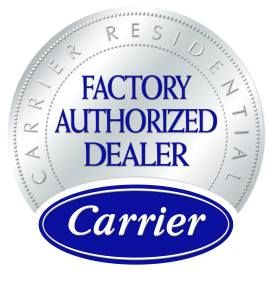Yes, You Still Need to Tune Up Your Furnace In Florida: Here’s Why
WHY IS FURNACE MAINTENANCE IMPORTANT?
Preventative maintenance for your furnace is important for three main reasons:
1. Routine maintenance makes your furnace safer.
This is especially true if you own a gas- or oil-burning furnace. These types of furnaces burn fuel to produce heat. That process of burning fuel (combustion) produces some toxic flue gases, such as carbon monoxide.
During a routine maintenance appointment, a technician will check your furnace to make sure that those toxic flue gases are being safely vented outdoors and are not mixing with your indoor air. The technician will also inspect your furnace for any fuel leaks that could create a fire hazard.
2. Maintenance helps reduce wear and tear on your furnace.
Even a correctly installed, well-built furnace needs to be serviced and adjusted every so often. As the machinery whirs and runs, parts can lose lubrication, move out of alignment, or loosen.
That type of wear and tear makes your furnace a less effective machine, and it will end up working harder to compensate for its declining performance. The harder the components work, the faster they wear out, which means you’ll end up replacing parts (or even the entire system) much sooner than you’d otherwise have to.
3. Your heating system operates more efficiently with routine maintenance.
As mentioned above, a neglected system with wear and tear has to work harder to perform its job. This means that your furnace will use more energy to warm your home than it should have to. By keeping up with routine maintenance, you’ll notice that your energy bills don’t jump up during the colder months of the year.
Gainesville Preventative HVAC Maintenance
At Bounds Heating & Air, our technicians take pride in providing dependable service and thorough HVAC maintenance. Backed by over three decades of experience, we are Gainesville’s go-to for heating and cooling services. Contact us online or give us a call at (352) 472-2761.


